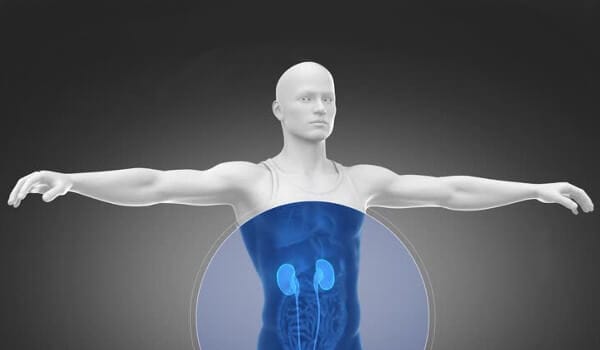
No need to undergo two tests while detecting kidney disorders for accuracy because the researchers at Indian Institutes of Technology at Bombay & Indore have jointly developed a biosensor that can detect kidney disorders in less than 8 minutes.

The biosensor can accurately measure both the pH and urea concentration with a single drop of urine. Researchers who developed the biosensor believe that it will help make a point-of-care test to ascertain if kidneys are functioning normally.
To check whether kidney is functioning properly or not, doctors need an estimate of pH and urea as most kidney disorders result in reduced pH and higher concentration of urea. Available methods to detect urea require patients to undergo two tests for accuracy. Additionally, there is problem of contaminating components in urine such as calcium, chloride, ascorbic acid, sodium, and potassium.
Hence, the new biosensor can detect both pH and urea, which is developed by IITians Rashmi Chaudhari, Abhijeet Joshi, and Rohit Srivastava.
How biosensor works
The new biosensor is made by encapsulating an enzyme urease and a molecule FITC-dextran in alginate microspheres. The combination glows in response to a chemical reaction with urea and changes in pH when urine is added. The fluorescence reduces when the pH is acidic and increases when it is alkaline. The changes in fluorescence intensity are measured, which helps to calculate the values of pH and urea.
Key Feature: The biosensor is stable for up to a month in a refrigerator and gives results that are unaffected by other components in urine samples. It will help make a rapid and accurate point-of-care diagnostic test for kidney disorders

As stated by Rashmi Chaudhari, Biosensor is made by using alginate which is safe and nontoxic to handle. It can work in the ideal pH range of 4-8, and is able to detect even low concentrations of urea up to 50 millimolar.
Abhijeet Joshi, a coauthor and faculty at the IIT Indore told:
We tested the biosensor on samples of patients suffering from chronic kidney disease procured from KEM Hospital and Apex Kidney Care in Mumbai and it showed an accuracy of more than 97%
As we know, the newly developed biosensor uses fluorescence-based technique to detect urea in urine sample but Mr. Bansi D Malhotra, who is professor at the Department of Biotechnology of the Delhi Technological University (DTU) has stated something differ. Mr. Malhotra, who is not connected to the study, however, commented that the biosensor is not user-friendly and cost-effective, compared to other (electrochemical) techniques, which is routinely used for this purpose.
The results of the study, which are funded by the Department of Biotechnology (DBT) and the Department of Science and Technology (DST), have been published in journal Scientific Reports.






